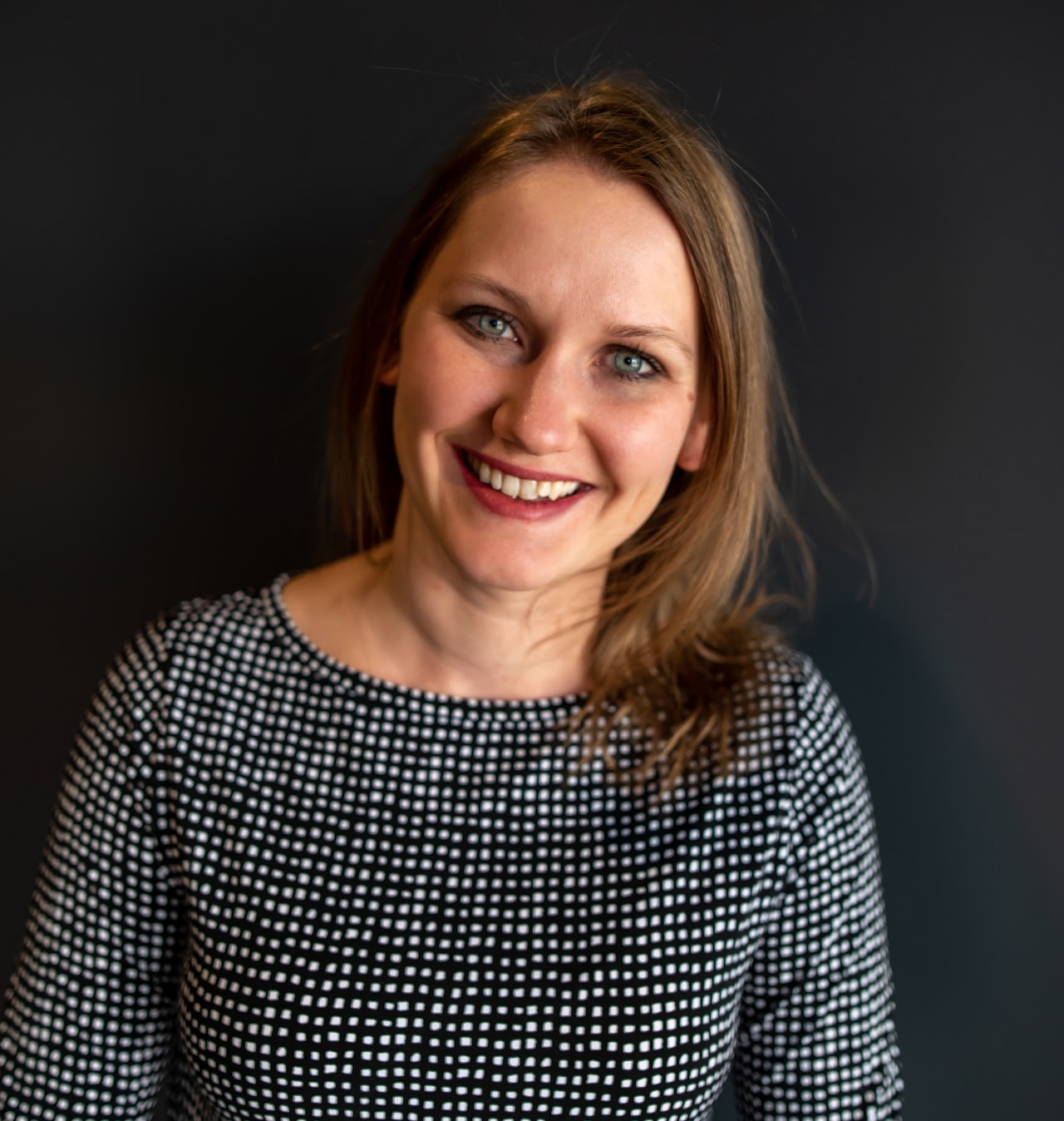
Homeschooling Struggles to Empowered Parenting
| ADHD, Diagnosis, Featured Article, Speech or Language Impairment
Military families require grit. It’s especially not an option when special needs kids are in the mix. I homeschooled four children; all four have major hurdles that we have worked to overcome initially through homeschooling. My oldest faces significant health challenges, but academically, there is no impact. Should he attend a traditional school, he would require a 504 plan for accommodations. My other three have required speech therapy, occupational therapy, dyslexia interventions, and other therapies to support their learning differences. Even so, they require minimal classroom intervention.
The Backstory of Homeschooling
I homeschooled my children for six years. I had the romantic idea that our family would travel the globe in support of Uncle Sam while my children had the benefit of an untraditional upbringing that intertwined our lived experiences with their formal or not-so-formal education. I wanted them to experience culture and history untethered by a typical school year.
Oh Boy, Did that Backfire
I struggled to teach my oldest daughter (kid #2) to read. It just wouldn’t click and I didn’t understand what I was doing wrong. I was ashamed that I couldn’t teach my child something so simple as learning to read – should be as easy as teaching a kid to ride a bike, right? I also didn’t have a good grasp or understanding of the services and supports that were available to her as a homeschooled kiddo. I do what I typically did and thought outside of the box on a limited budget. Tricare would not cover dyslexia testing. While undiagnosed, she received dyslexia interventions and was soon reading – I just needed someone who understood to walk with us! I started to learn the value of speaking up, but I was timid.
Not the Only One
My other daughter (kid #3) learned to read hesitantly. But she fought me with everything she had and did not want to read. Tears and fighting filled the lessons. Every. Single. Day. I didn’t understand that she needed additional time to process what I was trying to teach her – something I wouldn’t find out for three more years. I just knew that I felt that I was failing my children and the family dream of enthusiastically studying heritage sites while on our military journey.
Then my youngest son (kid #4) only spoke four words by the age of two. I was terrified. My two daughters needed speech, and my oldest did not have a wide vocabulary by the age of two, but she was able to communicate well. I didn’t know where this was going to lead – the pediatrician helped me rule out all kinds of diagnoses. Within that same appointment, the medical team ruled out autism, referred us to speech assessment, audiology for hearing tests, and discussed the possibility of apraxia.
Then Came School
The year 2020 was a hard one for many families. My family struggled through multiple life-altering events, including the death of my father and a family member’s significant mental health event culminating in a hospitalization, on top of the COVID lockdowns. I just couldn’t carry the load anymore. I knew I needed direct support.
The lockdown limited the number of open schools at our stationed location. I felt like the only mother who would put her children in school during COVID, but I was that desperate for help and support. I was tired. They were tired. It just wasn’t working so radical change needed to happen.
It Was Life Changing
Our first year at school started out very rough. My oldest daughter was placed in fourth grade and I was open with the school about her limitations. They wanted to pull her back a grade two months in, but I held firm. I had her diagnosed with dyslexia and we received some amazing intervention ideas that worked! By the end of the school year, her grades were high enough that the school didn’t fight moving her up to fifth grade.
My youngest daughter couldn’t spell anything and was still struggling with reading. Otherwise, she was acclimating well. I took her for testing the summer after her third grade year and she was also diagnosed with dyslexia, low processing speed, and ADHD. We again received some interventions that have helped her better succeed!
My youngest wasn’t old enough to attend school until my older children had attended for one year. I talked to the school about his speech delays and decided to place him in prekindergarten. You know what? Being around other children helped his speech improve. He started out the year frustrated that others struggled to understand him, but he learned to slow down and in learning that – his speech improved dramatically! Not enough to graduate from speech, but his intelligibility improved to above 80%.
Speak Out!
Through all of this, I have learned to speak out. In speaking out and seeking help and support, I was met with people who truly cared for my children and for me. The school offered support and a structure both my kids and I needed. I have met family after family with medical challenges like my oldest son. I have engaged with parents who also have dyslexic children, ADHD children, and speech-delayed children.
I learned I am not alone and having true community can be healing.
About the Author

Aleha Landry lives in Colorado. After a decade-long stint as a stay-at-home mom, she returned to the workforce. She has a passion for politics and policy, hates to cook (but cooks much due to aforementioned children), and loves to travel. She holds a Bachelor’s of Business Administration from Colorado Christian University. You may visit her website and LinkedIn to learn more about Aleha and can reach her at aleha.landry@gmail.com.





Leave a Reply